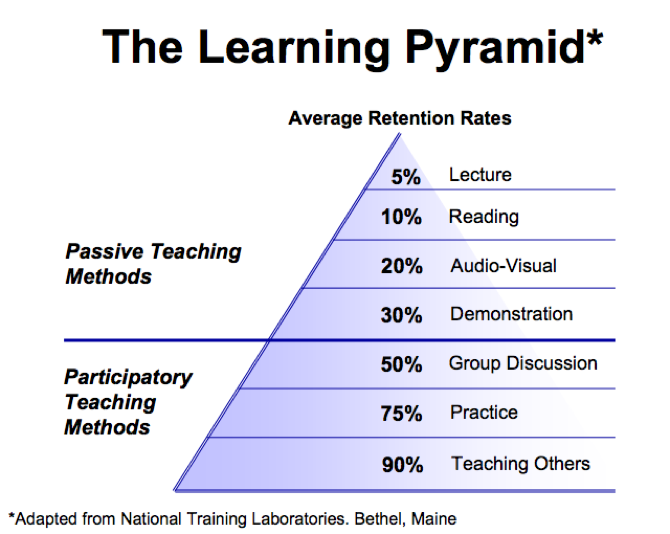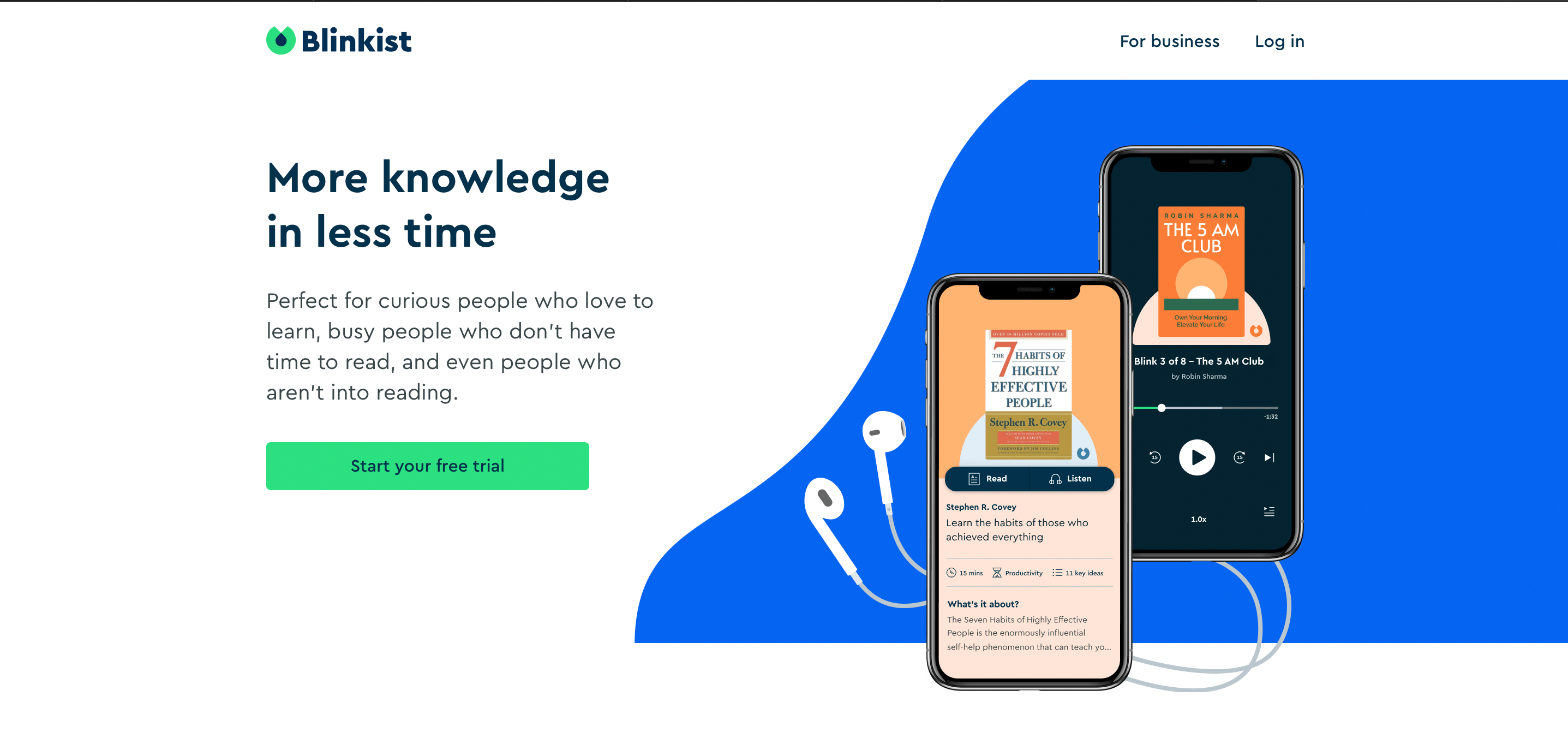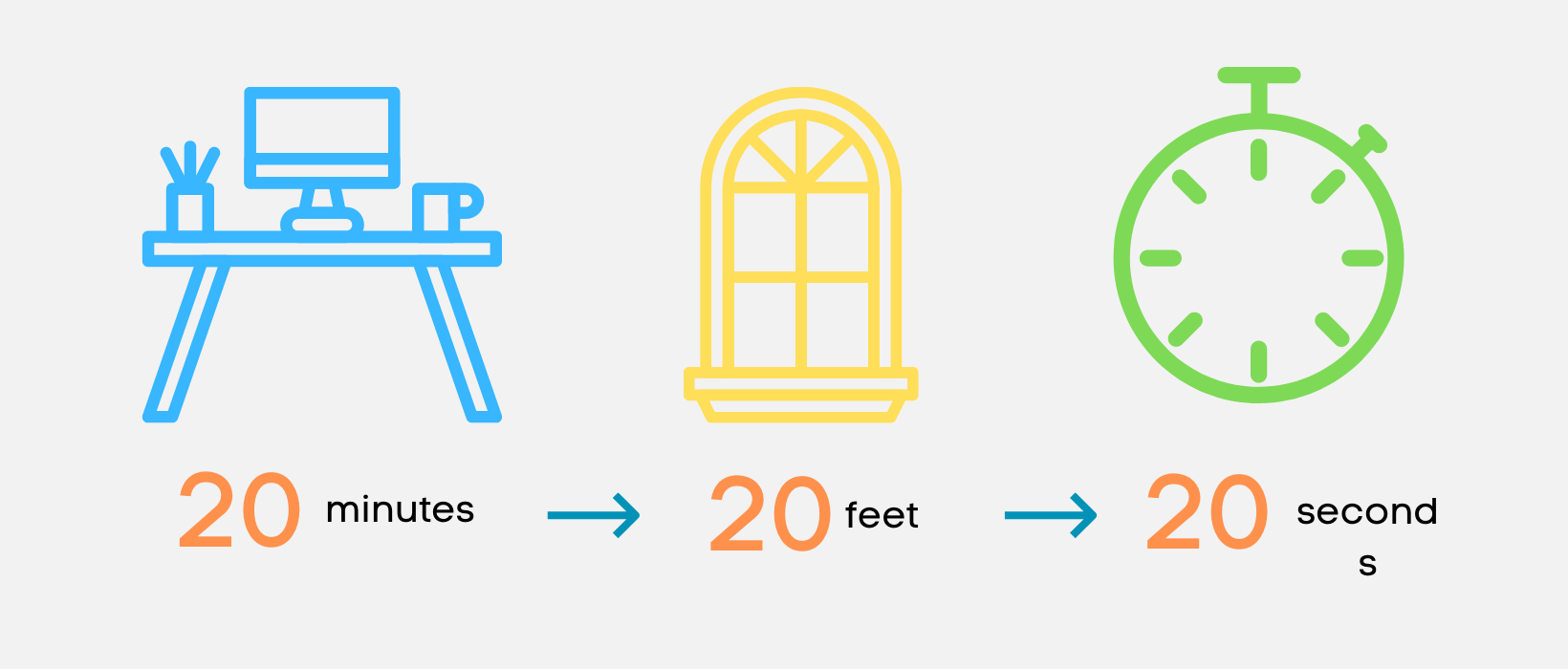Thanks to technology and the rising demand for content, the path to becoming a writer and having your own byline is now easier. Despite this, being a writer requires a great deal of discipline, hard work, an optimal internal and external environment, and a set of skills.
Here are some habits that writers should practice—if you haven’t yet. If you’re an aspiring writer, you could slowly build on these habits as you make your way towards your goal of becoming a writer.
1. Write Everyday
While the heavily cited 10,000-hour rule on achieving skill mastery has already been debunked, writing daily can still improve your craft and enhance mastery. You’ll notice that writing becomes easier.
Studies show that writing improves productivity, mood, productivity, and health. Writing daily is also an excellent mental exercise; it helps maintain and expand your vocabulary, improve your thought process and clarity, enhances creativity, and keeps your mind sharp.
As you write daily, make a habit of switching from typing from a device to writing by hand. Writing by hand engages your mind more and helps unlock productivity.
2. Set Writing Goals
Having writing goals helps you focus, so you can work towards a specific outcome. It doesn’t matter if it’s small; a goal like writing 250-500 words daily is just enough to keep your gears running.
You can use goal tracking apps to list concrete goals. Listing them down makes it easier to keep track of your progress. Ticking goals off the list can boost your motivation and push you to achieve more.
3. Keep a Healthy Routine
Humans are creatures of habit. We thrive on predictability and consistency. If you want to ensure that a habit will stick, add it to a routine until it becomes your second nature.
Make the most of this nature by injecting helpful habits like writing into your routine. Healthy habits like moving more and drinking more water are essential health prerequisites often neglected.
Writers often work from home. If you can’t hit the gym, there are tons of free workout plans from sites like LiftVault online. Otherwise, you can use workout apps to remain fit while on a WFH setup.
There are also social workout apps so that you can exercise with your friends. But if you prefer real people but want to remain remote, you can also try fitness and nutrition sites that offer one-on-one training and coaching like Kickoff.
Dehydration not only leads to more unhealthy cravings but also puts you in a bad mood, lowers your energy, and causes you to lose focus. If you’re using an iPhone, you can use Shortcuts to log your water intake. Android users also have a lot of apps that can remind them to drink more water.
4. Create an Ideal Writing Environment
Transforming complex thoughts into language expressed on paper or screens requires complex thinking. Writers often work best in distraction-free environments. You can use app extensions to avoid distractions if you write from your laptop.
Your location can also impact your writing and your productivity in general. Studies show that clutter in the home can make a person more prone to procrastination and feel stressed and anxious.
Create or find the writing space where you would be the most productive. Many people who WFH tend to have bedrooms that double as an office. However, this may cause your brain to associate your bedroom with productivity and disrupt your sleep and overall routine.
5. Get Enough Sleep
Good sleep is essential for health and overall wellbeing. It can help you maintain a healthy weight, reduce your risk of certain conditions, and improve your concentration, productivity, and mood.
Studies also show that different mattresses affect sleep quality. Factors like firmness and the effect of temperature affect sleep.
6. Teach Writing
Many people say that the best way to retain a skill is to teach it. The Learning Pyramid developed by the National Training Laboratory shows that you retain 90% of whatever you’re learning if you teach it to others.
You can even monetize this route. If you’re planning to build your brand and become a content creator, why not launch an online course? You can also find platforms where you can become a mentor to someone else.
7. Learn to Self-Edit
Whether you’re a one-person team or part of a larger editorial team, it’s always good to proofread and edit your work before sending them out to be published.
More often than not, it’s best to take a step back after you’ve written your work and revisit it when you have fresh eyes to spot minute errors in your draft.
You can also use technology to help you out. Grammarly is a free online writing assistant that can help spot errors in grammar, punctuation, spelling, and more. After you proofread, double-check your draft by running it on tools like Grammarly to ensure that they’re polished and ready for publishing.
Download: Grammarly for iOS | Android | Mac | Windows | Chrome | Safari (Free, subscription available)
8. Read More
Reading and writing go hand in hand. When you have a habit of reading regularly, you maintain and enhance your vocabulary, improve your grammar, inform you about different writing structures and patterns, adopt new writing styles, and inspire you to write.
If you’re into reading eBooks, the internet has nice spots where you can download them for free and sites that can help you find the next book to read. You can also sort of “preview” the books by reading summaries from apps like Blinkist.
Download: Blinkist for iOS | Android (Free, subscription available)
9. Keep Your Eyesight Healthy
Eyestrain is very common among writers. If you have irritated eyes, blurry vision, headache, and shoulder and neck pain, you may be exhibiting signs of computer eye strain.
Be sure to rest and adopt strategies that can help prevent eye strain. To allow your eyes to rest in between work, do the 20/20/20 rule. Every 20 minutes, stop your work and find a target 20 feet away for 20 seconds.
Moreover, if you’re always in front of a screen typing your next draft, you can make use of features that can help reduce eye strain on your Mac.
10. Brainstorm Ideas
Writers have an arch-enemy: writer’s block. This is when you get stuck where you are and can’t proceed. While many things can cause writer’s block, like serious life circumstances, doing things like taking a walk, exercising, changing your environment can all help you overcome it.
Mind maps like Coggle allow you to take notes in a more visual way, so you can track your thought process. You can also brainstorm ideas ahead of time. You can do this alone or ask for help from your peers.
Writing Is Not for the Weak
While it is true that anyone can become a writer, it takes more than just a pen and paper—or a keyboard—to become a writer.
Like any skill, it requires patience, practice, and hard work. Moreover, adopting lifestyle changes and habits to your daily routine can help you step your writing game even further.







